Medicine details
| Image |  |
| Name | Fungin |
| Dosage | Cream |
| Generic Name | Clotrimazole |
| Classes |
Antiinfective Agent Dermatological/Topical Agent Topical Antiinfective Agent Antifungal Agent |
| Diseases |
Athelet's Foot Itching Jock Itch Redness Ring Worm Skin Disorder |
| Company | Ibn Sina Pharmaceutical Ind. Ltd. |
Drug Package Details
| Strength | 10 mg/gm |
| Storage Condition | |
| Origin Country | Bangladesh |
| Commercial Pack | 1 |
| Price per pack | ৳ 34.87 |
| Cost per pack | ৳ 30.68 |
| Package unit | 10 gm tube |
| Price per unit | ৳ 34.87 |
| Cost per unit | ৳ 30.68 |
| Discount | 0 |
| Coupon | |
| Remarks |
Clotrimazole
Clotrimazole is an antifungal medication of the imidazole class. It acts by inhibiting the biosynthesis of ergosterol, a component of fungal cell membranes, which leads to the disruption of the membrane structure and function, thereby inhibiting the growth and proliferation of the fungi.
Clotrimazole is indicated for the treatment of skin infections caused by dermatophytes, yeasts, and other fungi, including:
- Tinea pedis (athlete's foot)
- Tinea cruris (jock itch)
- Tinea corporis (ringworm)
- Cutaneous candidiasis (moniliasis)
- Pityriasis/ Tinea versicolor
- Vaginal candidiasis
The recommended dosage of clotrimazole cream varies depending on the type and severity of the infection. Generally, it is recommended to apply a thin layer of cream to the affected area and surrounding skin 2-3 times daily for 2-4 weeks. The duration of treatment may be longer in some cases.
Vaginal Candidiasis:
- The cream should be administered intravaginally using the applicator supplied.
- Adults: The contents of the filled applicator (5g) should be inserted as deeply as possible into the vagina, preferably at night. A second treatment may be carried out if necessary.
- Clotrimazole cream is for external use only and should not be used on the eyes or mucous membranes.
- Contact with eyes, nose, mouth or other mucous membranes should be avoided.
- If skin irritation or an allergic reaction occurs, treatment should be discontinued immediately.
- Clotrimazole cream should not be used on broken or inflamed skin, or on skin that has been recently shaved or waxed.
- Use in pregnancy or breastfeeding should be avoided unless directed by a healthcare provider.
- Use of clotrimazole cream may decrease the effectiveness of condoms or diaphragms; therefore, alternative methods of contraception should be used during treatment.
Contraindication
Clotrimazole cream is contraindicated in individuals who have a known hypersensitivity to clotrimazole or any of its components.
None known.
None known.
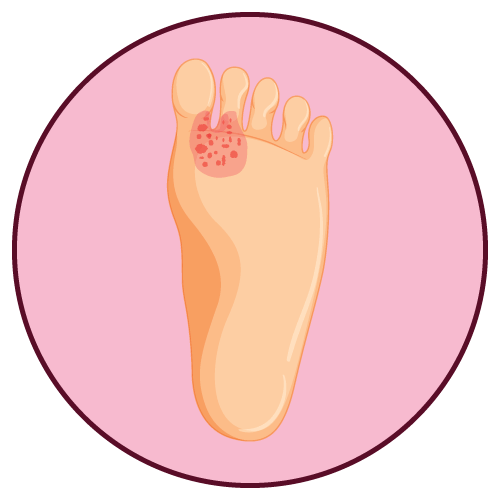
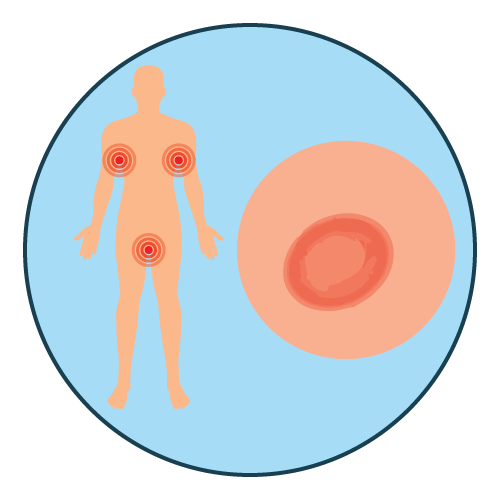
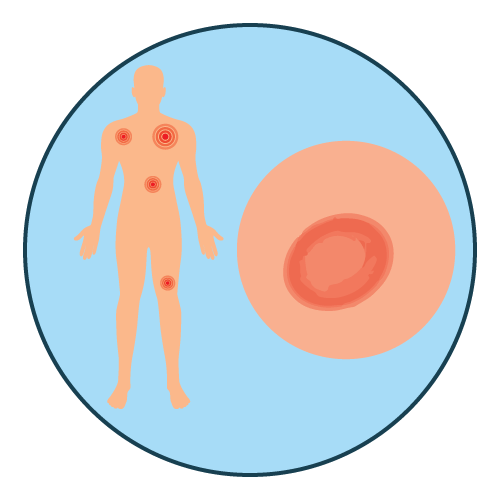
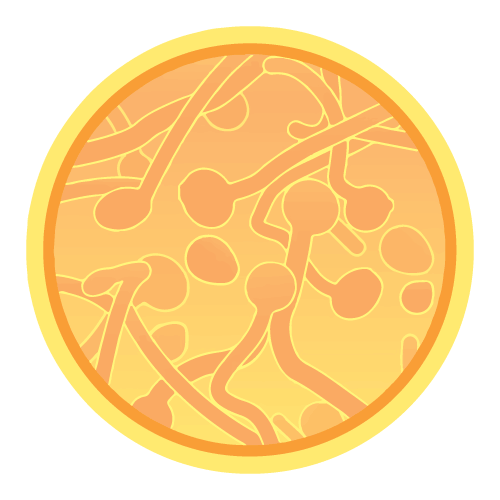



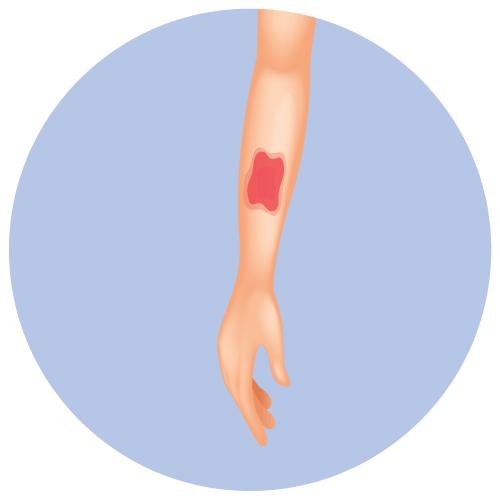
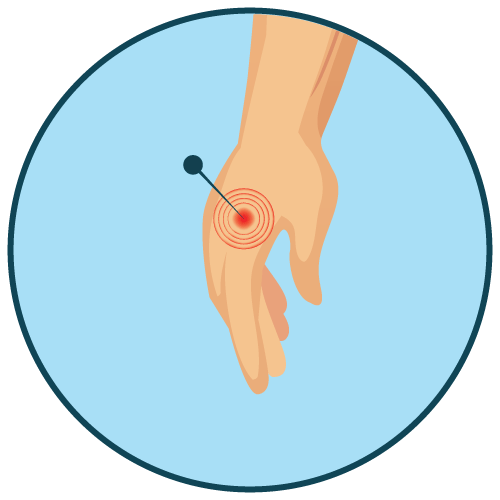
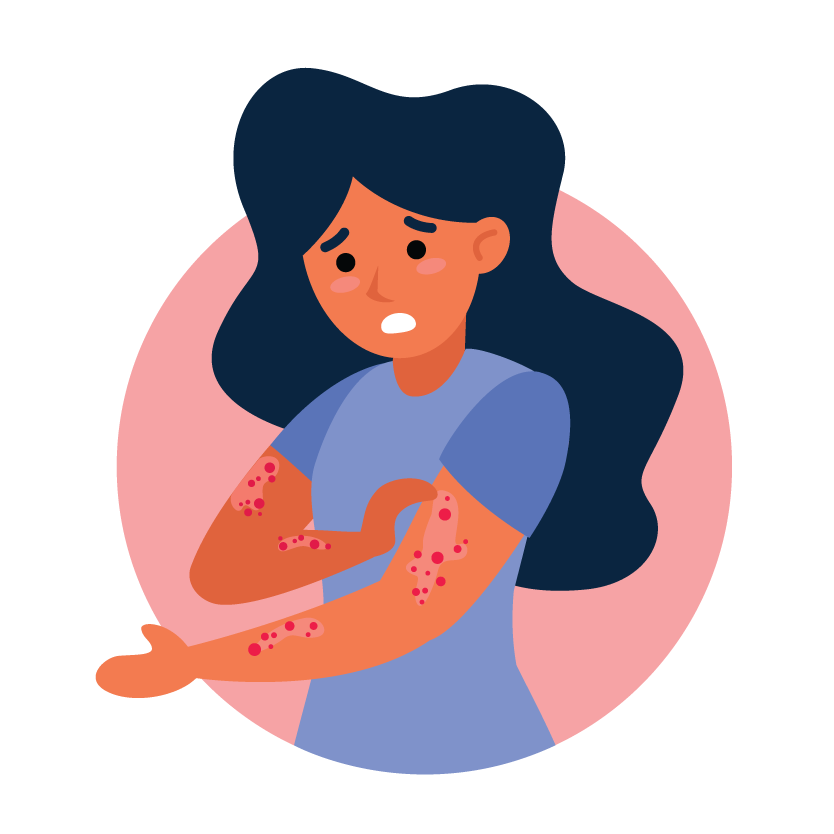

 Bangla
Bangla English
English